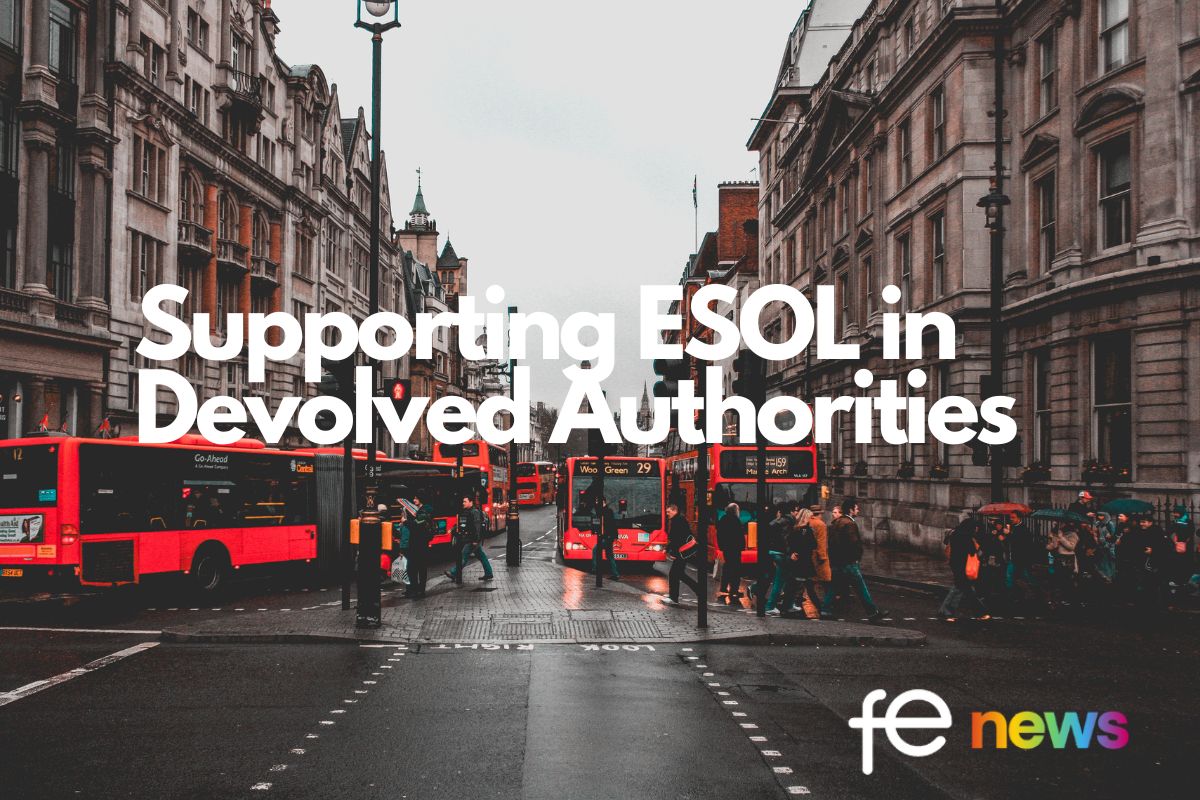Long-term funding key to new further education plans

The government’s new #SkillsforJobs White Paper is welcome – but long-term funding is vital to ensure its success, says @SMCommission.
As the government unveils its White Paper into further education and the importance of vocational skills, the Social Mobility Commission has broadly welcomed the proposals.
These include a lifetime skills guarantee for those seeking the vocational equivalent of A-Levels.
But the commission wants the government to commit to extra long-term funding to ensure schools and colleges can plans for the long term.
We are pleased that the government has put further education, skills and employer engagement at the heart of its education programme.
This commission launched in an FE college as a signal of the importance of the sector for social mobility and our commitment to it.
Several of the initiatives outlined in today’s White Paper on post-16 education have been previously proposed by the commission and we are delighted they have been taken forward.
We particularly welcome the Secretary of State’s message that technical qualifications should provide a valuable alternative to a university degree, creating more choice for students.
Letting people learn when they want to
And we endorse the government’s decision to commit to a lifetime skills guarantee with entitlements for those seeking their first Level 3 (A level equivalent). This will offer 400 fully funded courses from April to adults without A levels or the equivalent.
We also welcome the drive to place employers at the core of the programme so that they can shape training and vocational qualifications to help fill skills gaps, as well as the effort to improve the quality of FE teaching and to allow flexibility in student loans – letting people learn when they want to.
Employers will be fully engaged in designing the courses and will focus on a localised approach to support skills needed in the community.
Extra long-term resources the key to success
If employers work more closely with local schools and colleges this might also allow more individuals to stay where they grew up rather than moving away to get a better job.
However, extra long-term resources will be key to the success of these schemes. They cannot just be a sticking plaster to address the immediate devastating impact of COVID on jobs and training.
They need be fully funded as part of a multi-year financial settlement for FE allowing colleges and young people to plan for the future. The commission has long campaigned for a student premium for those aged 16-19 which would particularly help disadvantaged students and calls on the government to commit to this in its next spending settlement.
Concerns over those from poorer backgrounds
We would also have liked more focus on students from the most disadvantaged backgrounds who receive the least training as adults and face more barriers than most.
We are concerned too that those from poorer backgrounds find it more difficult to access higher levels of vocational qualifications and T levels and this still needs to be addressed.
The flexibility introduced by the white paper is a step in the right direction and it can go further.
The package goes a long way to ensuring that skills will be better linked with jobs in the future. We hope that those from the poorest backgrounds, who are being penalised most during this pandemic, are put at the centre of its delivery.”
Alastair Da Costa, Commisionner for Adult Skills and Further Education, the Social Mobility Commission











Responses